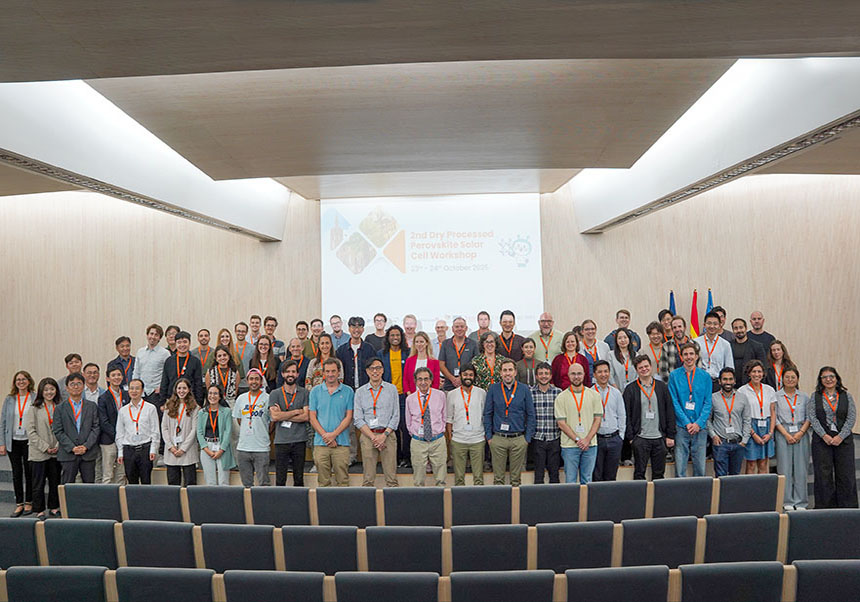A study explains how to implement the European directive that combats “false self-employment” among those working on digital platforms

Adrián Todolí, professor in the Department of Labour and Social Security Law at the University of Valencia, has prepared a report for the European Labour Authority, a body under the European Commission, which reviews the implementation of European regulations on work in digital platforms — a sector where the Commission estimates that most of its 5.5 million workers could be bogus self-employed persons. The study assists national labour inspectorates across Europe in applying the law and highlights that Spain, Portugal and Belgium have been leaders in its enforcement.
“The Spanish Rider Law was a first step, but Europe requires us to go much further: protection must now extend to all digital platforms, not only delivery ones. This study analyses the obligations imposed by the European directive on platform work to put an end to the fraud of false self-employment”, explains Todolí. The report authored by the professor also at the Faculty of Law examines the directive’s protections against the unlawful transfer of workers through intermediary companies.
Digital labour platforms have gained prominence due to increasing digitalisation and the emergence of new business practices. It is estimated that in 2021 more than 28.3 million people in the EU worked through digital labour platforms. Of these, around 5.5 million were believed to be subject to a certain degree of control by the platform they worked for — something the European Commission interprets as an indication that they are misclassified in terms of their employment status.
The Directive specifically targets bogus self-employment, aiming to reduce its prevalence. It establishes a rebuttable legal presumption of an employment relationship, shifting the burden of proof onto the platforms to demonstrate that a person performing platform work is not in an employment relationship. The study is based on desk research and an in-depth questionnaire distributed in Belgium, Italy, the Netherlands, Portugal and Spain.
“Worker”, “direction and control” and “organisation”
As multinational platforms operate in similar ways across countries, courts in different EU member states are aligning their approaches, with a notable shift in evidential focus: from elements of employment relationships (explicit instructions, fixed hours, the ability to substitute or refuse tasks) towards indicators of integration within the platform. These include the standardisation of services offered by the platform; the selection of specific workers for certain tasks; the use of ratings or performance scores; the platform managing customer payments; or workers being presented as part of the company (for example, wearing logos or appearing on the website), among others.
Implementation in several countries
Belgium, Portugal and Spain have established legal presumptions of employment for platform work, each with different scopes and mechanisms. While Belgium and Portugal apply broad presumptions across all sectors, Spain’s approach is narrower but is reinforced with criminal penalties and specialised inspections. Meanwhile, the Netherlands has not introduced a specific legal presumption of employment for platform workers. Italy, for its part, does not explicitly recognise such a presumption either, but its legislation allows the application of “employment relationship rules” to self-employed workers when their work is organised by a platform.
Best practices for implementation
To determine whether a person working on a platform is an employee or a self-employed worker, the report led by Adrián Todolí identifies several tools and best practices. These include information exchange between agencies and jurisdictions, non-binding guidelines, awareness campaigns and training tailored to the complexities of each platform. It also proposes measures to encourage voluntary compliance by companies, such as self-assessment mechanisms and awareness campaigns to promote clarity and adherence. Additionally, it suggests the creation of a digital self-assessment portal to provide workers with clear guidance on proper classification, while simultaneously putting pressure on employers to comply with the law.
Categories: Recerca, innovació i transferència , Internacionalització recerca , Dret del Treball i de la Seguretat Social , Facultat de Dret , Investigació a la UV , Difusió i comunicació científica
















